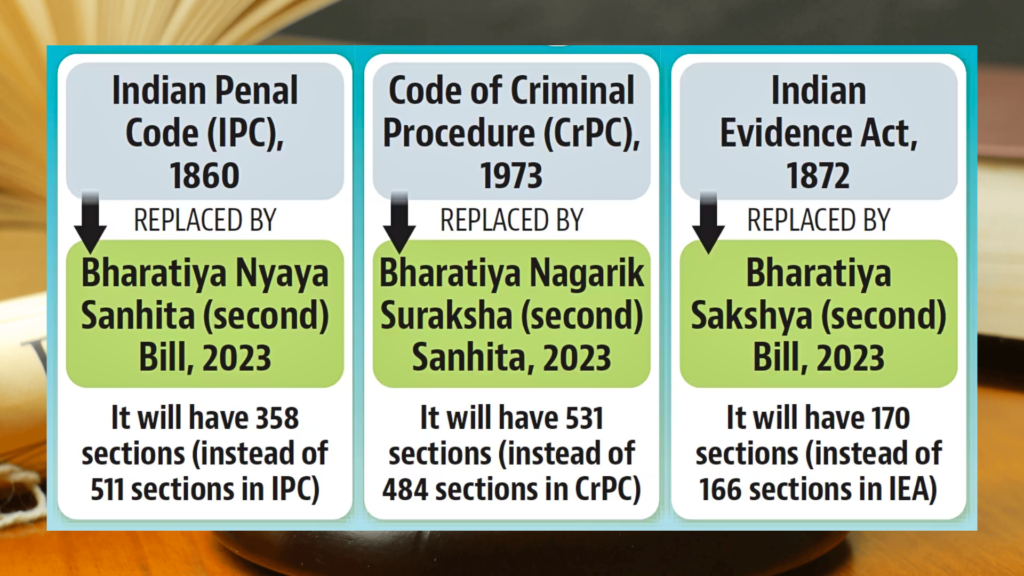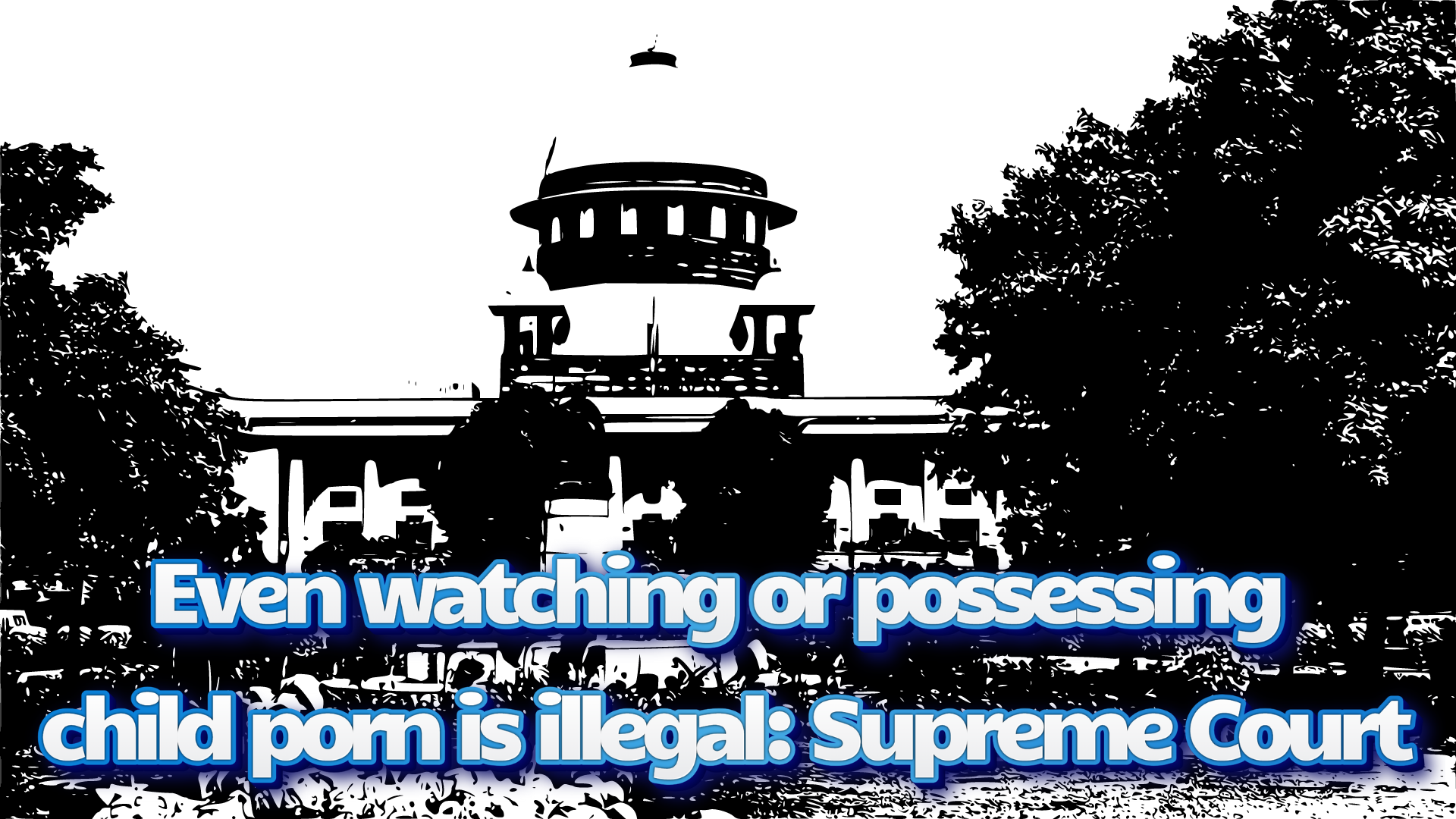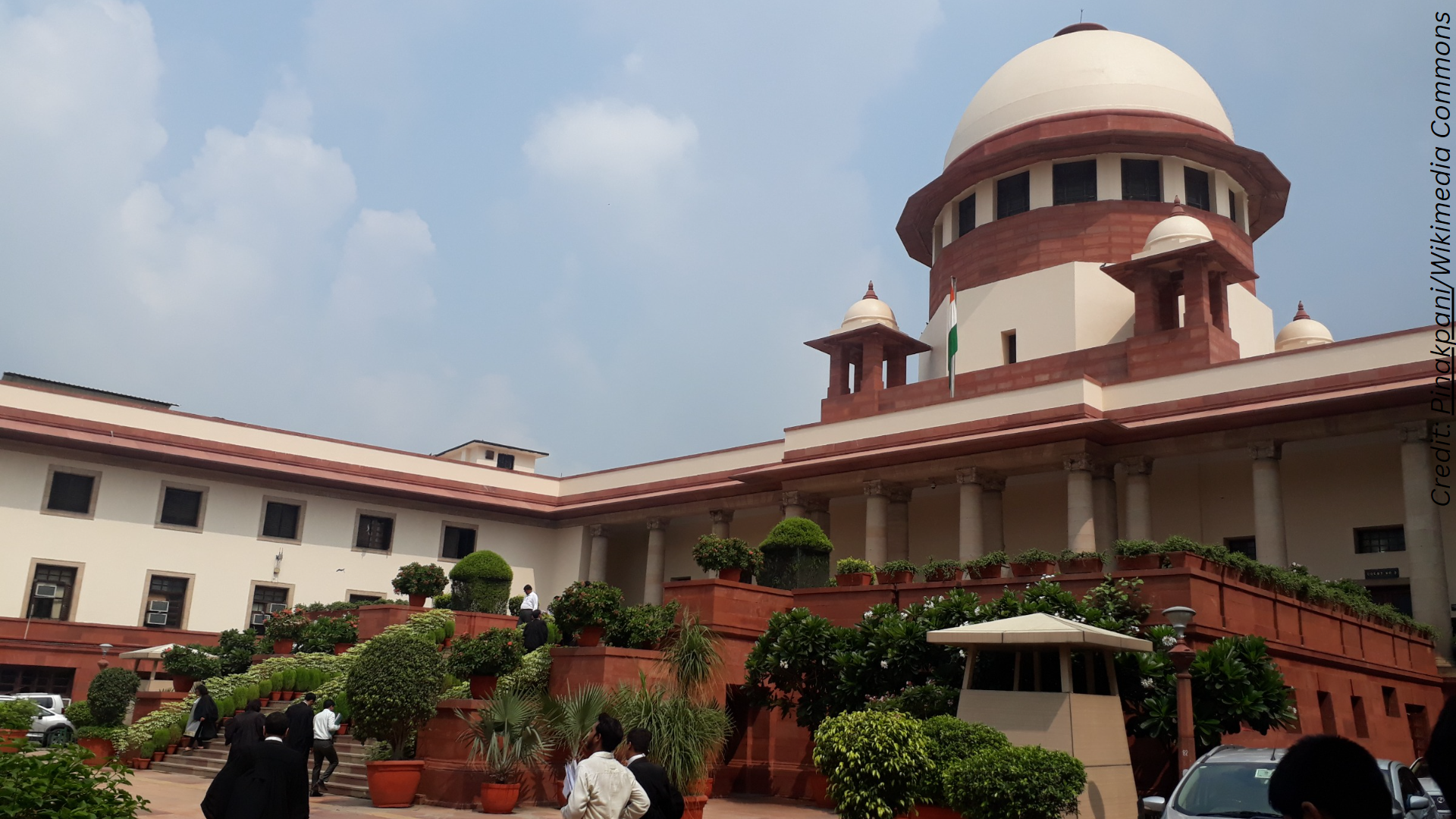Parliament passes 3 criminal law bills to replace British-era laws

The Lok Sabha, yesterday, and the Rajya Sabha, today, passed the three new criminal law bills, the Bharatiya Nyaya (Second) Sanhita (BNS), Bharatiya Nagarik Suraksha (Second) Sanhita (BNSS) and Bharatiya Sakshya (Second) Bill (BS), to replace the Indian Penal Code, 1860, Code of Criminal Procedure Act, 1898 and Indian Evidence Act, 1872, respectively.
The proceedings took place in the absence of the 143 Opposition MPs, combining the two houses, who were suspended over misconduct and unruly behaviour since last week.
According to Home Minister Amit Shah in both houses, the three bills will establish a justice system based on Indian thinking, while the existing laws reflect the colonial mindset of punishing for a crime but not doing justice.
He said the proposed laws were victim-centred and fixed the accountability of the police. He said an independent Director of Prosecution would be appointed at the district and State levels, where the role of the police would only be advisory.
The three bills include key changes that deal with offences of terrorism and acts against the State, enable the registration of e-FIRs, factor in corruption in election processes, and make electronic evidence a form of primary proof. Crimes such as mob lynching have been separately defined for the first time, with detailed provisions and enhanced punishment for crimes against women and children.
The Bharatiya Nyaya (Second) Sanhita now comprises 358 sections. Notably, although the offence of ‘sedition’ (Section 124A), which was kept in abeyance by the Supreme Court, has not been retained, a very similar provision has been added—Section 152, which punishes acts ‘endangering sovereignty, unity and integrity of India’.
The home minister said yesterday that the BJP government has “replaced rajdroh (crime against government) with deshdroh (crime against country). The country is independent. Anyone can protest against the government. It is their right. For this, no one needs to go to jail. But no one will be allowed to speak against the country or speak against the interest of the country”.
However, the Opposition and activists say that this clause of ‘deshdroh’ (Section 152) can be easily used to jail people in the same way that the earlier offence of ‘sedition’ (Section 124A) was used.
Opposition MPs in the Lok Sabha, Harsimrat Kaur Badal of the Shiromani Akali Dal and Asaduddin Owaisi of the AIMIM argued that the new laws provide unbridled powers to police.
“This law is going to give unbridled powers to the police. Police personnel are appointed by politicians so their allegiance will be to the political people. Our HM himself should understand how the police can misuse these laws,” Badal argued.
Owaisi cited data from research studies and NCRB to say that “most undertrials are Muslims. How many Dalits are on death row? How long will it continue that there is unspoken reservation for Dalit and Muslims for them to stay in jail? Through this laws you are only empowering the powerful”.
Notably, Amit Shah did not have any proper reply to this. He just said that Owaisi’s “concerns are different and are bigger than the laws in question and their concerns should be left to linger. Moreover, I have no solutions to their concerns.”
Two key recommendations of the parliamentary panel—to include a gender-neutral provision criminalising adultery and a clause that criminalises non-consensual sex between men, women, transpersons and acts of bestiality in the BNS—have been rejected by the government and are not included in the revised bill as well.
Senior lawyer and activist Vrinda Grover told The News Minute that by the deletion of Section 377 (of the IPC, which was read down by the Supreme Court in 2018 while decriminalising consensual sex amongst homosexual couples), there will be a gap in the law in so far as legal protection for adult males and transpersons against sexual violence is concerned.
Notably, a few MPs, including Ramesh Bidhuri and Nishikant Dubey of the BJP, questioned the Supreme Court’s reading down of Section 377 of IPC and called for its reintroduction.
Organised crime, terrorism, and murder by a group of five or more on the basis caste, language or personal belief have been added as offences.
The Bharatiya Nagrik Suraksha (Second) Sanhita now has 531 Sections. It has ushered in new concepts like timelines for mercy petitions, a scheme for witness protection and permitting electronic modes for recording statements and collecting evidence. For offences punishable with imprisonment of seven years or more, forensic investigation has been made mandatory.
However, notably, on mercy petitions, Harsimrat Kaur Badal said that the “new law says that besides family members no one can apply for a mercy petition. What if the person has no family?”
Moreover, the proposed law introduces stringent timelines for various procedural aspects. For instance, it mandates that the police must present their challan before the court within seven days of the first hearing, investigation must conclude within 90 days of filing a chargesheet and judgments reserved are required to be pronounced within 30 days.
The Opposition pointed out several “loopholes”, among them one by Rajya Sabha member Abhishek Singhvi of the Congress.
“The new code creates two sets of anti-terror laws. The existing UAPA and now the whole set of anti-terror provisions in the new criminal codes. The codes also leave discretion to deputy SP-level officers to choose which anti-terror laws would be applicable in a case. No guidelines or criteria has been laid on how to pick between the two laws.”







